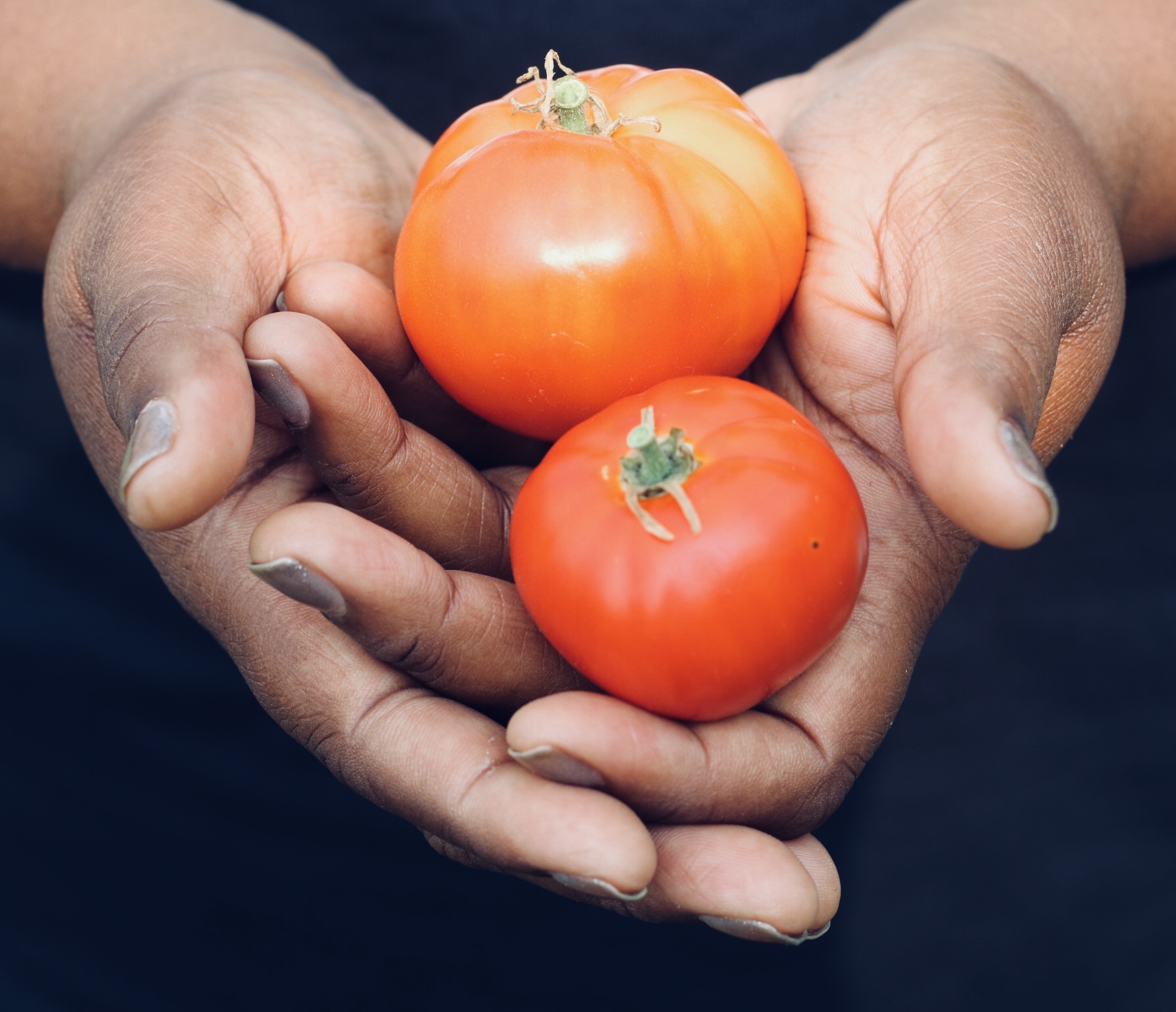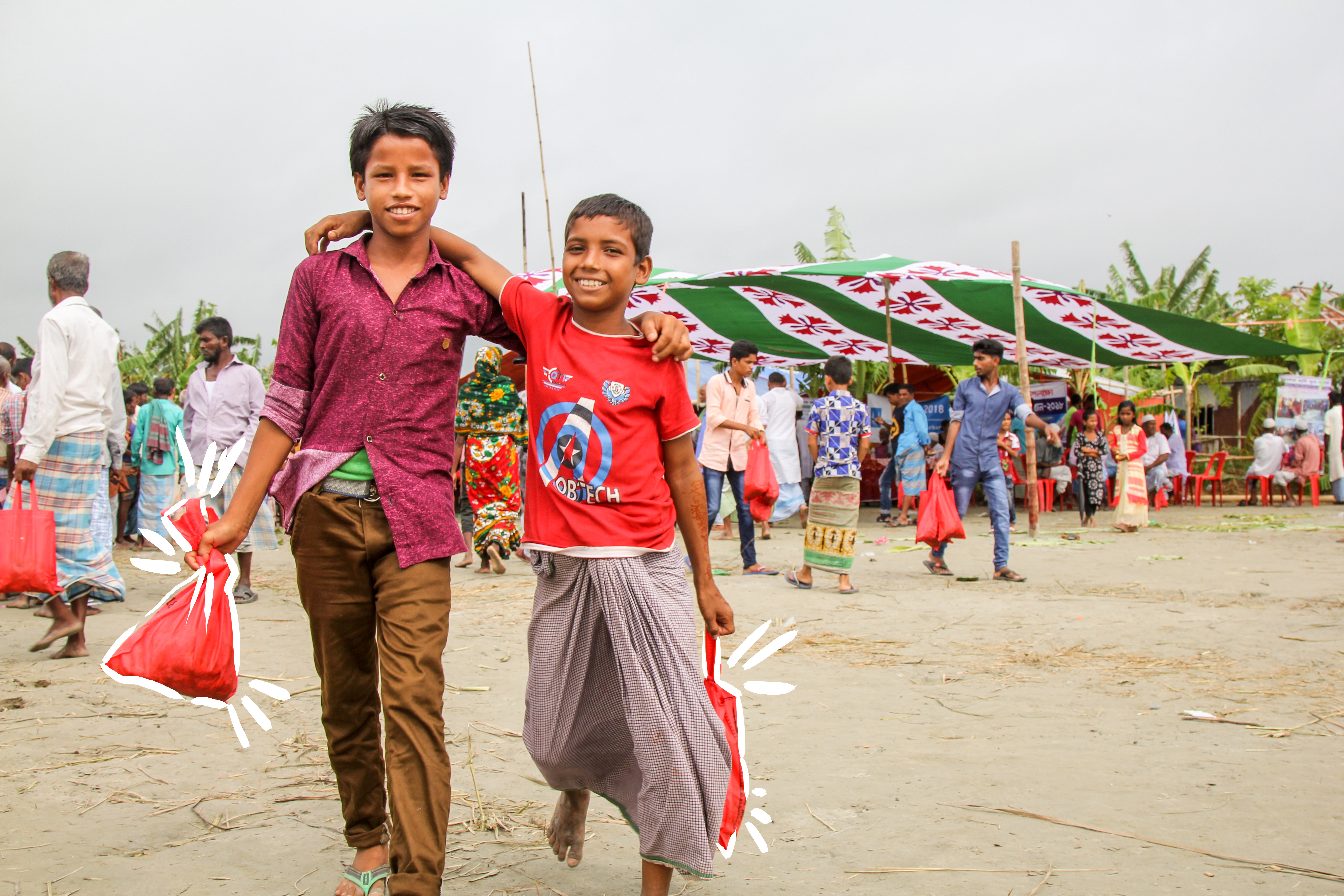Survival Is Important, but so Is Livelihood
25th Anniversary Development Spotlight: Europe
Islamic Relief offices around the world undertake many noble projects around the world. But one area that doesn’t get enough attention is the Balkan region. A curious fact, considering that IRUSA was founded to respond to the suffering in the Bosnian war in 1993.
Ismail Saif, manager of International Programs for Islamic Relief USA, recently visited three nations in the Balkans – Albania, Bosnia and Kosovo. All of them have Islamic Relief field offices that launched various livelihood projects.
Many of them have yielded positive results and in some cases, exceeded initial projections. But, the unfortunate reality is, many of them have been halted or scaled back because of insufficient funds for projects in this region.
In a somewhat ironic twist, officials in the Programs Division say the insufficient fundraising is largely because of a lack of major disasters in the region. As has often been the case, funds come in droves if regions are devastated by earthquakes, cyclones, floods, etc. But since the Balkans have seen relatively little instances of those, the area is largely shunned. The donor fatigue isn’t exactly seasonal. It’s more likely to be long-standing.
In the Balkans, the serious problems are more the result of internecine warfare and systematic corruption, problems that could stretch back decades. After awhile, the typical donor can’t help but get inured to these common problems and feels as if their donations won’t do much good.
Except, the donations can help.

One of the more interesting projects involves goat farming in Kosovo. Under the Islamic Relief program, farms have received funding to help produce milk. One of the more creative or innovative farmers went a step further and found a way to produce cheese, which is even a more valuable cash crop.
In Bosnia, the funds helped build warm homes for families and funded a bakery business.
In Albania, there is a livestock livelihood program also in effect, that will help provide families with dairy products and learn ways to raise the animals effectively.
These are all examples of Islamic Relief projects at their best; the organization provides some crucial help in the beginning, and the beneficiary makes use of it, and improves his/her situation beyond the original expectations.
It’s clear that the people involved are not looking for permanent charity. In business parlance, you could say that what’s needed is “seed money.” As the Kosovo farming experience showed, once the project is started, the beneficiaries continually find ways to not only keep the project going, but to make it even better.
These people have the entrepreneurial spirit, the drive, the work ethic. But even the greatest dreams and goals cannot move forward….or in these particular cases, continue…without the funding.
It is necessary to alert/inform donors that while it’s great to make financial contributions in the wake of disasters, it is equally, if not more important, to support livelihood projects. The dividends may not come to fruition immediately. But like a good investment, it pays off in the long run.




